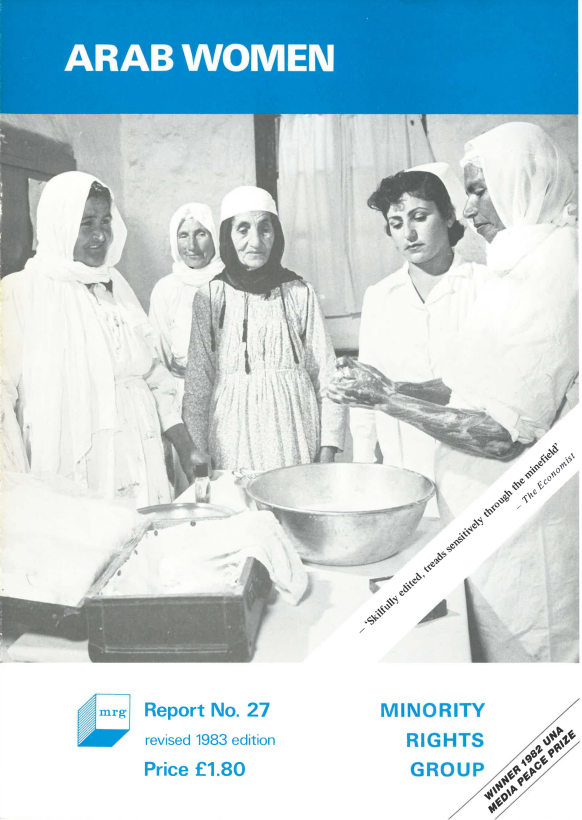
Arab Women
Arab women make up nearly half of the Arab world’s population of some 135 million. Among all the world’s Muslim women, they form a distinctive group. But their status cannot be given a single classification. It varies greatly according to the country they live in and the section of society to which they belong.In Saudi Arabia, today women, with few exceptions, still wear the veil and may not meet men other than their nearest relations. The more modernized countries, such as Egypt, Lebanon and Tunisia, offer a different picture. There the women of better-off families have a lifestyle broadly comparable with women in Europe. Many are outstanding in public or professional work. In proportion to men, there are more women members of parliament in Sudan than in Britain. Egypt has over 1,000 women doctors and a woman is its senior flying instructor. There are women judges in Lebanon and Algeria. Syrian women engineers worked on the Euphrates dam.
Educated women are still only a small elite but their numbers are continually rising as more girls from diverse environments push through to higher education. Of the 400,000 students in Arab universities at least a quarter are women. When these are the daughters of educated parents they encounter few problems. It is the girls thrusting up from poorer, more traditional backgrounds who are caught in a painful conflict between the new opportunities their state education offers them and the ideas their families have for them. Emancipation is everywhere an extremely uneven process. Where social constraints bear most heavily is in small towns and villages, far removed from the modem developments in capital cities, and even in the poorer quarters of the capitals themselves. Poverty and ignorance, still widespread in the Arab world, put the main brake on women’s advancement (as they do on men’s). A distinction should however be drawn between the commonplace grind of poverty that crushes women through unremitting drudgery and childbearing and the restrictions imposed by the prevailing patriarchal system. What is singular in Middle Eastern tradition is the fostering of separate societies for men and women – a system that outlaws women from public and community activities and consigns them to a sealed-off role in the home.
Within her domestic province, a woman in traditional society may exercise considerable authority. An Arab man’s strongest attachment is often to his mother and as likely as not he will bow to her advice. His young wife comes under his mother’s supervision but this wife, as her children grow up, will gradually command the respect that is paid to older women and herself become a forceful mother-in-law. On marrying, she will probably live within an extended family, headed by her husband’s father and including all his sons with their wives and children and any unmarried daughters. Even so, her strongest links may well remain with her own family, whose name she retains and to whom she will return if her marriage breaks up. The cult of separate development has its root in the inordinate importance attached to women’s chastity – especially pre-marital virginity – and the man’s time-honoured duty to guard it at any price. An extreme example is the ‘honour murder’ in which a girl may be killed by her father or brother if she sins against the strict sex conventions. In the more conservative areas of many Arab countries, an unmarried girl who is pregnant may be doomed. The method of killing is usually by burning so that the death may appear to be an accident or suicide.
Please note that the terminology in the fields of minority rights and indigenous peoples’ rights has changed over time. MRG strives to reflect these changes as well as respect the right to self-identification on the part of minorities and indigenous peoples. At the same time, after over 50 years’ work, we know that our archive is of considerable interest to activists and researchers. Therefore, we make available as much of our back catalogue as possible, while being aware that the language used may not reflect current thinking on these issues.